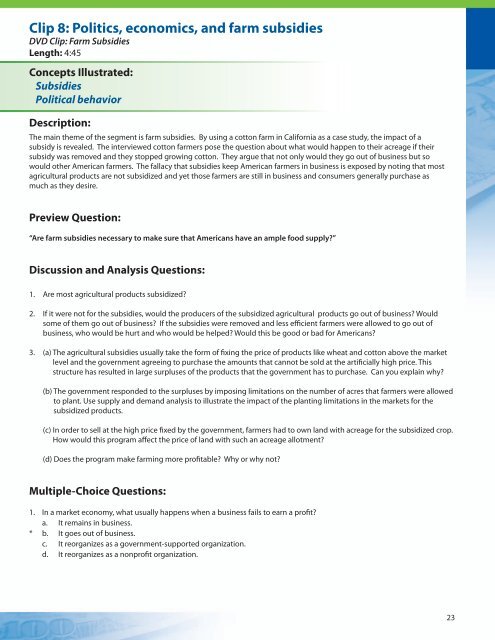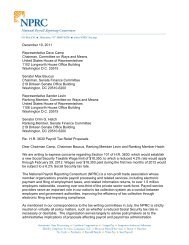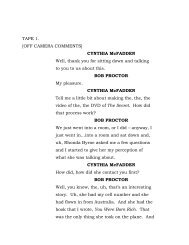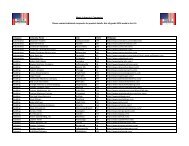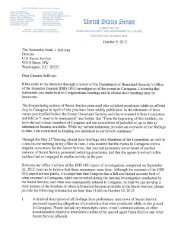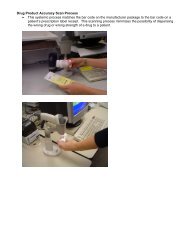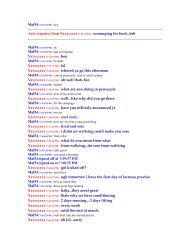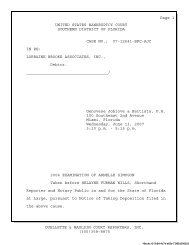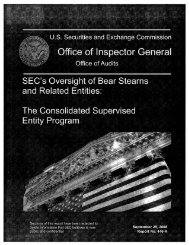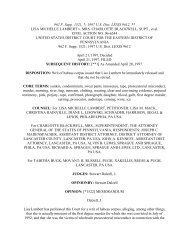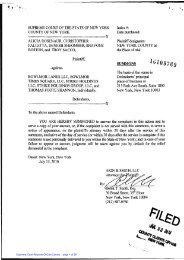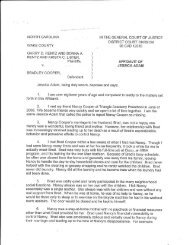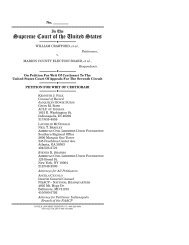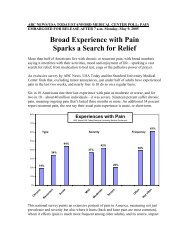to download the Microeconomics teachers guide - ABC News
to download the Microeconomics teachers guide - ABC News
to download the Microeconomics teachers guide - ABC News
You also want an ePaper? Increase the reach of your titles
YUMPU automatically turns print PDFs into web optimized ePapers that Google loves.
Clip 8: Politics, economics, and farm subsidies<br />
DVD Clip: Farm Subsidies<br />
Length: 4:45<br />
Concepts Illustrated:<br />
Subsidies<br />
Political behavior<br />
Description:<br />
The main <strong>the</strong>me of <strong>the</strong> segment is farm subsidies. By using a cot<strong>to</strong>n farm in California as a case study, <strong>the</strong> impact of a<br />
subsidy is revealed. The interviewed cot<strong>to</strong>n farmers pose <strong>the</strong> question about what would happen <strong>to</strong> <strong>the</strong>ir acreage if <strong>the</strong>ir<br />
subsidy was removed and <strong>the</strong>y s<strong>to</strong>pped growing cot<strong>to</strong>n. They argue that not only would <strong>the</strong>y go out of business but so<br />
would o<strong>the</strong>r American farmers. The fallacy that subsidies keep American farmers in business is exposed by noting that most<br />
agricultural products are not subsidized and yet those farmers are still in business and consumers generally purchase as<br />
much as <strong>the</strong>y desire.<br />
Preview Question:<br />
“Are farm subsidies necessary <strong>to</strong> make sure that Americans have an ample food supply?”<br />
Discussion and Analysis Questions:<br />
1. Are most agricultural products subsidized?<br />
2. If it were not for <strong>the</strong> subsidies, would <strong>the</strong> producers of <strong>the</strong> subsidized agricultural products go out of business? Would<br />
some of <strong>the</strong>m go out of business? If <strong>the</strong> subsidies were removed and less efficient farmers were allowed <strong>to</strong> go out of<br />
business, who would be hurt and who would be helped? Would this be good or bad for Americans?<br />
3. (a) The agricultural subsidies usually take <strong>the</strong> form of fixing <strong>the</strong> price of products like wheat and cot<strong>to</strong>n above <strong>the</strong> market<br />
level and <strong>the</strong> government agreeing <strong>to</strong> purchase <strong>the</strong> amounts that cannot be sold at <strong>the</strong> artificially high price. This<br />
structure has resulted in large surpluses of <strong>the</strong> products that <strong>the</strong> government has <strong>to</strong> purchase. Can you explain why?<br />
(b) The government responded <strong>to</strong> <strong>the</strong> surpluses by imposing limitations on <strong>the</strong> number of acres that farmers were allowed<br />
<strong>to</strong> plant. Use supply and demand analysis <strong>to</strong> illustrate <strong>the</strong> impact of <strong>the</strong> planting limitations in <strong>the</strong> markets for <strong>the</strong><br />
subsidized products.<br />
(c) In order <strong>to</strong> sell at <strong>the</strong> high price fixed by <strong>the</strong> government, farmers had <strong>to</strong> own land with acreage for <strong>the</strong> subsidized crop.<br />
How would this program affect <strong>the</strong> price of land with such an acreage allotment?<br />
(d) Does <strong>the</strong> program make farming more profitable? Why or why not?<br />
Multiple-Choice Questions:<br />
1. In a market economy, what usually happens when a business fails <strong>to</strong> earn a profit?<br />
a. It remains in business.<br />
* b. It goes out of business.<br />
c. It reorganizes as a government-supported organization.<br />
d. It reorganizes as a nonprofit organization.<br />
23


